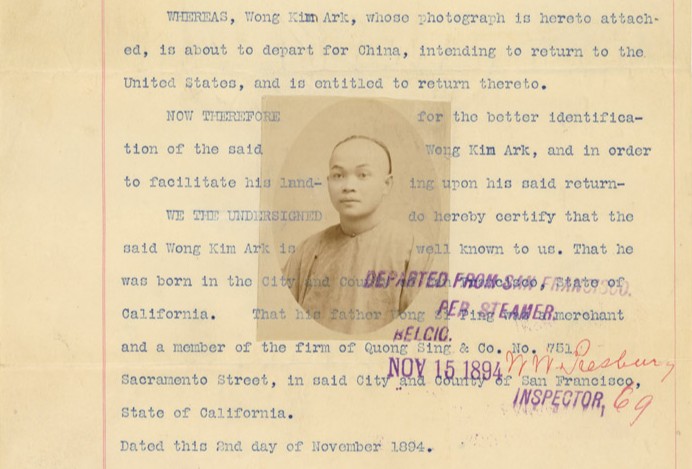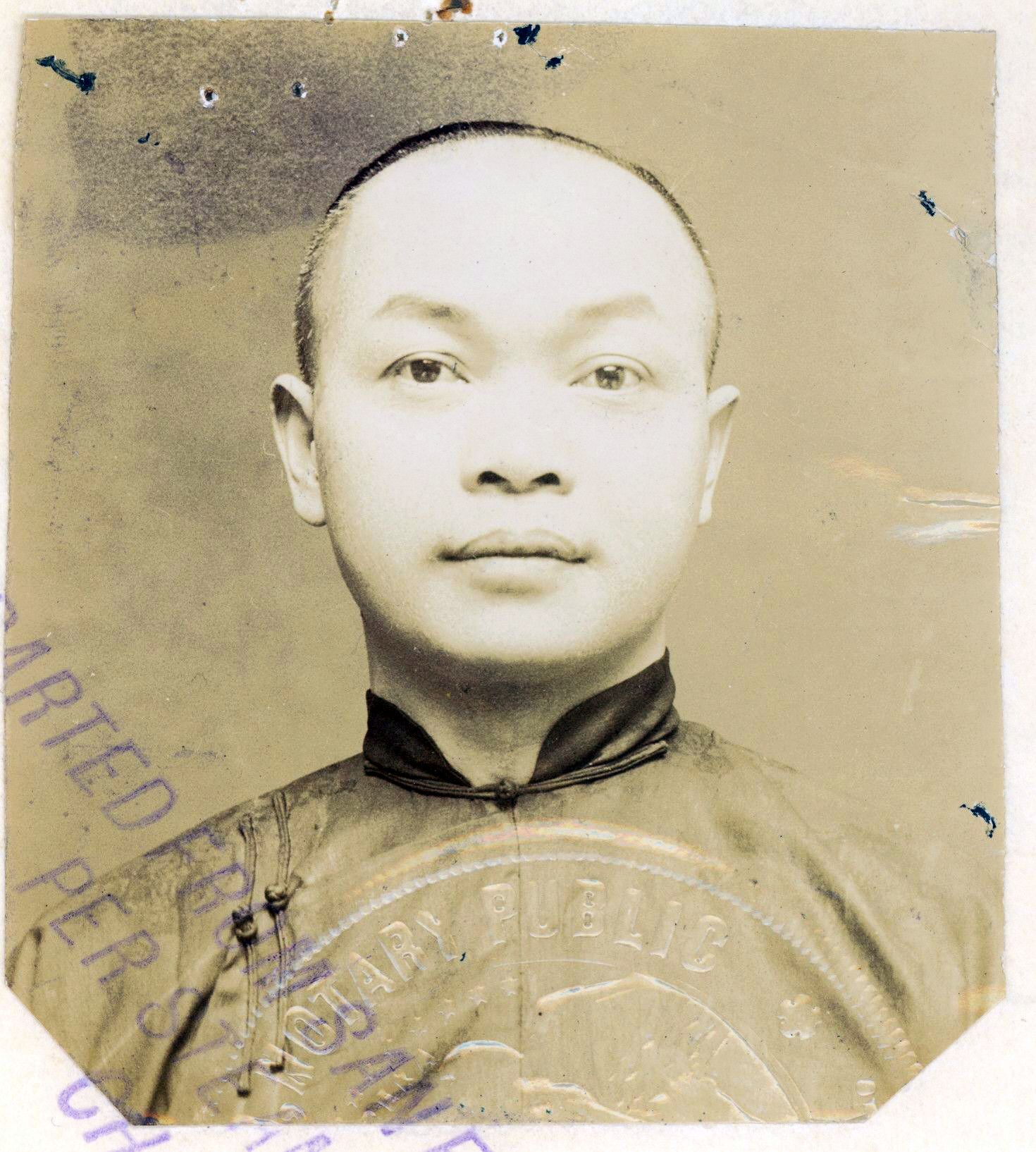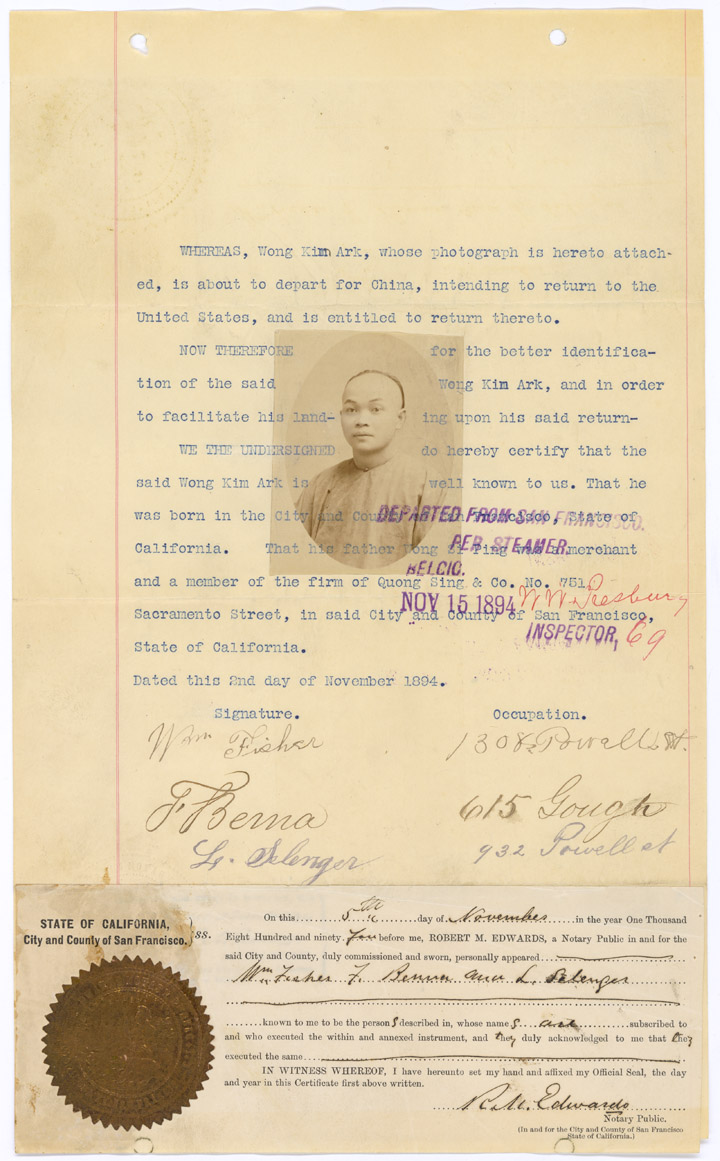Authors:
Historic Era: Era 6: The Development of the Industrial United States (1870-1900)
Historic Theme:
Subject:
Fall 2025 | Volume 70, Issue 4


Authors:
Historic Era: Era 6: The Development of the Industrial United States (1870-1900)
Historic Theme:
Subject:
Fall 2025 | Volume 70, Issue 4

When Wong Kim Ark, a 21-year-old cook, left California in November 1894 to visit relatives in China, he planned to return to San Francisco, his birthplace and his home. He had made a similar trip to China in 1890, and the customs collector had allowed him to re-enter the United States without incident. Nonetheless, his current journey was not without risk. Anti-Chinese sentiment was strong, especially in California. Federal law barred Chinese laborers from entering the country, and customs officials had become increasingly vigilant in enforcing this exclusion. Only Chinese workers who were U.S. citizens could come ashore.
Even though his parents were non-citizen Chinese immigrants, Wong saw himself as an American citizen because he had been born here. To be safe, he obtained an affidavit, with his photo affixed, in which three Caucasian citizens swore that he had been born in San Francisco, and his own written statement, swearing that he had been born here and had been permitted to re-enter as a citizen in 1890.
In August 1895, Wong’s steamship, the S.S. Coptic, docked in San Francisco Bay. There was a new customs collector, stricter than his predecessor, and he refused to let Wong land. Wong wore a queue, dressed in traditional Chinese garb and was less than fluent in English. The customs collector, John H. Wise, saw a Chinese laborer illegally trying to enter the country, not a citizen returning home. He confined Wong on a ship in San Francisco Bay. Thus began the process that would propel the question of Wong’s citizenship to the nation’s highest court for a ground-breaking ruling that would make the young Chinese-American cook the focus of a battle that reverberates today, with the latest salvo being President Donald J. Trump’s attempt to severely limit citizenship for those, like Wong, born here of non-citizen parents.
In early America, it was assumed those born in this country were citizens. This principle, called birthright citizenship, had emigrated from England but had never been codified in the Constitution or federal statute.
The end of the Civil War thrust birthright citizenship to the forefront because the status of more than 4 million recently freed slaves was in limbo. While most of these ex-slaves had been born here, they were not citizens because the Supreme Court’s Dred Scott decision had barred African-Americans from citizenship.
